Understanding Mental Health vs Emotional Health: Your Guide to Balanced Well-Being

Did you know that 1 in 5 adults experience mental health challenges each year, yet many people still confuse mental health vs emotional health? While these terms are often used interchangeably, understanding the difference between mental health and emotional health is crucial for developing a holistic approach to your well-being.
This confusion can lead to overlooking important aspects of self-care and missing opportunities for targeted support.
Whether you’re struggling with daily stress, seeking work-life balance, or simply wanting to optimize your overall wellness, recognizing these distinctions can transform how you approach your health journey.
As someone who has navigated both mental health challenges and emotional regulation difficulties, I’ve learned firsthand how understanding these differences can lead to more effective coping strategies and better outcomes.
Key Takeaways: Mental Health vs Emotional Health
- Mental health encompasses cognitive processes, brain function, and psychological disorders, while emotional health focuses on feeling awareness and regulation
- Both are interconnected but require different approaches for improvement and maintenance
- Recognizing the difference helps you choose appropriate support systems and treatment options
- Balanced mental and emotional health contributes to better work-life balance and overall life satisfaction
What Is Mental Health?
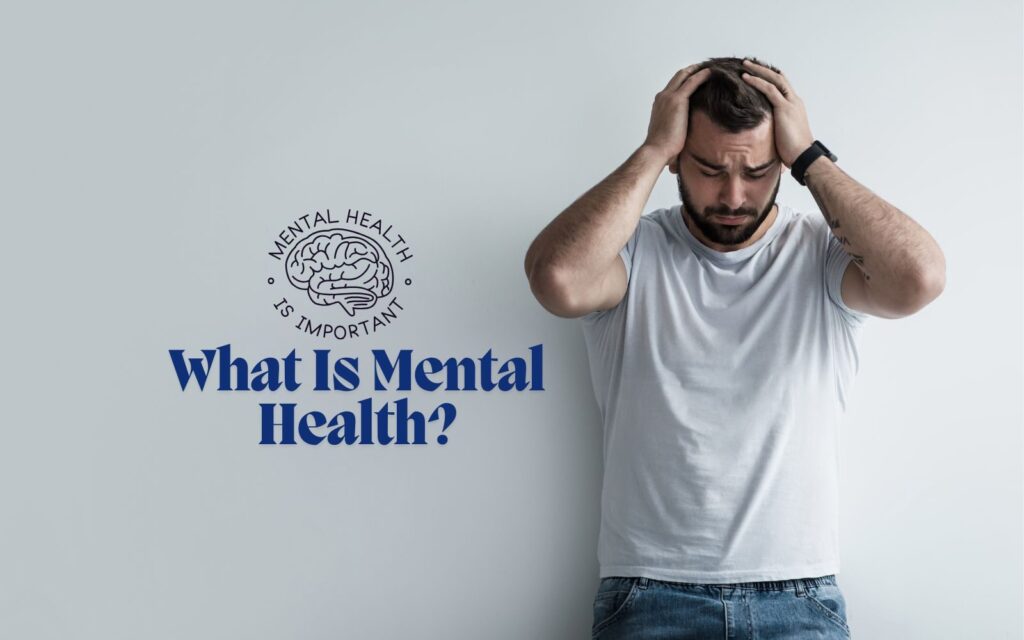
Mental health refers to our cognitive, behavioral, and emotional well-being in the context of psychological functioning. It encompasses how we think, process information, make decisions, and manage psychological disorders or conditions.
Mental health includes conditions like depression, anxiety disorders, bipolar disorder, and schizophrenia. It involves brain chemistry, neural pathways, and often requires clinical intervention or therapy. When we talk about mental health treatment, we’re typically addressing diagnosed conditions that affect daily functioning.
Components of Mental Health
Mental health professionals focus on several key areas. Cognitive functioning includes memory, concentration, and decision-making abilities. Behavioral patterns encompass how we respond to situations and interact with others.
Psychological resilience determines how we bounce back from setbacks. Mental health also involves our ability to maintain relationships, work productively, and adapt to change effectively.
Understanding Emotional Health

Emotional health, on the other hand, specifically relates to our ability to understand, express, and manage our emotions effectively. It’s about emotional intelligence, self-awareness, and the capacity to navigate feelings in healthy ways.
Emotional health doesn’t necessarily involve diagnosed conditions. Instead, it focuses on emotional regulation skills, empathy, and the ability to process feelings constructively. Someone can have good emotional health while still managing a mental health condition.
Key Elements of Emotional Health
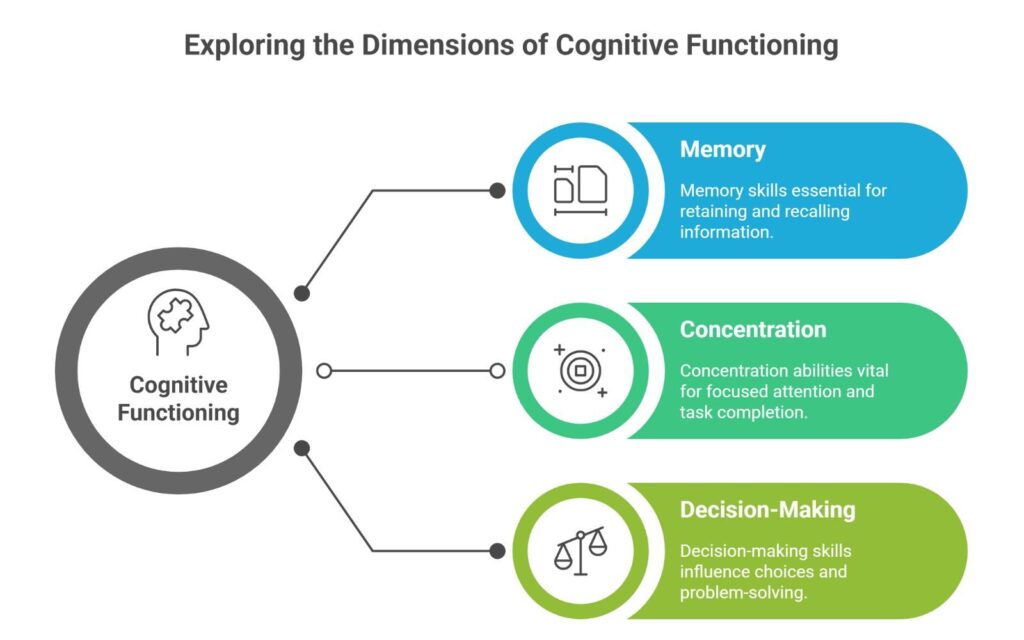
Emotional awareness forms the foundation of emotional health. This includes recognizing your feelings as they arise and understanding their triggers. Emotional regulation involves managing intense emotions without being overwhelmed.
Healthy emotional expression means communicating feelings appropriately. Empathy and social awareness help us understand others’ emotions and respond compassionately.
The Interconnection: How Mental and Emotional Health Work Together
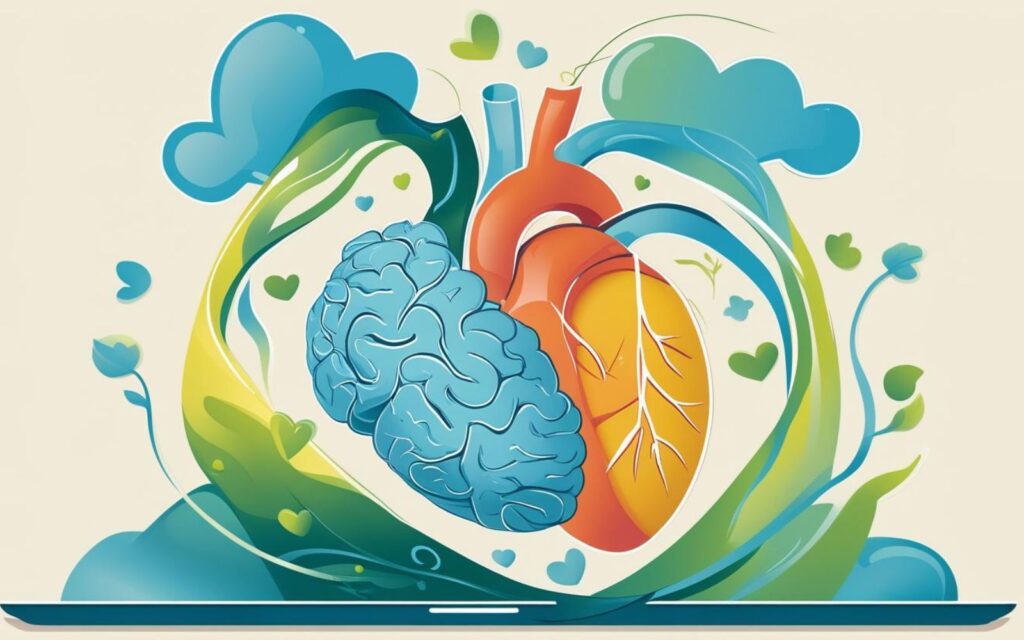
While distinct, mental health and emotional health are deeply interconnected. Poor emotional regulation can contribute to mental health challenges, while mental health conditions often affect emotional well-being.
For instance, someone with depression (a mental health condition) may struggle with emotional numbness or overwhelming sadness. Conversely, chronic emotional stress can contribute to the development of anxiety disorders.
Understanding this connection helps create comprehensive wellness strategies. Addressing both aspects often leads to better outcomes than focusing on just one area.
Supporting Both Simultaneously
Integrating approaches that support both mental and emotional health creates a more sustainable wellness routine. Mindfulness practices, for example, can improve emotional awareness while supporting mental clarity.
Regular exercise benefits both brain chemistry and emotional regulation. Quality sleep supports cognitive function and emotional stability equally.
Practical Strategies for Improvement
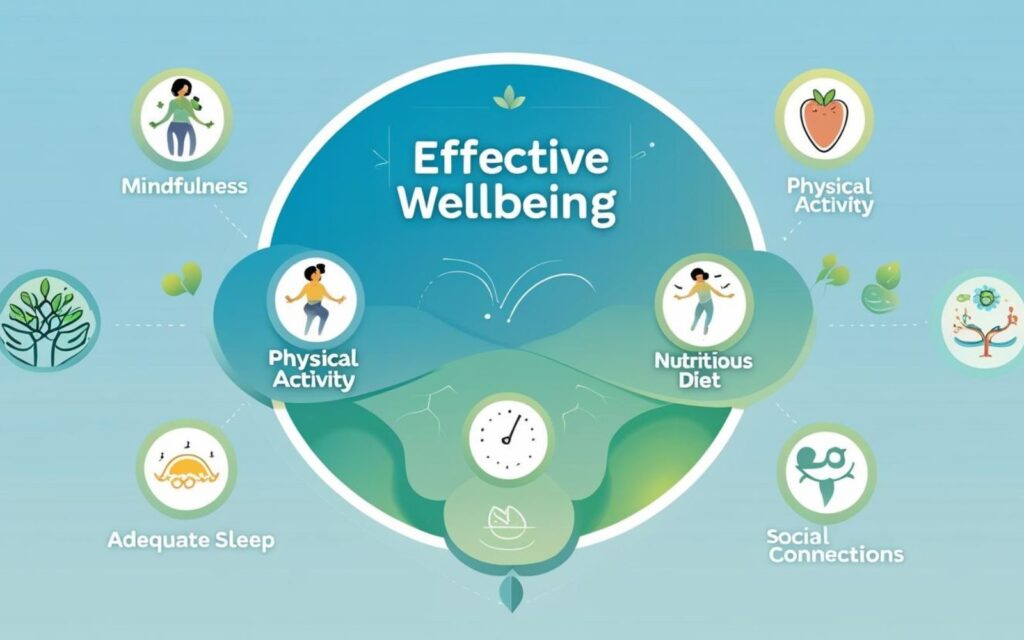
For Mental Health
Professional therapy or counseling provides targeted support for mental health conditions. Medication may be necessary for certain diagnoses and should be discussed with healthcare providers.
Cognitive behavioral techniques help restructure thought patterns. Regular mental stimulation through learning and problem-solving maintains cognitive health.
For Emotional Health
Journaling helps develop emotional awareness and processing skills. Mindfulness meditation improves emotional regulation and present-moment awareness.
Social connections provide emotional support and opportunities to practice empathy. Creative expression through art, music, or writing offers healthy emotional outlets.
Creating Your Balanced Approach
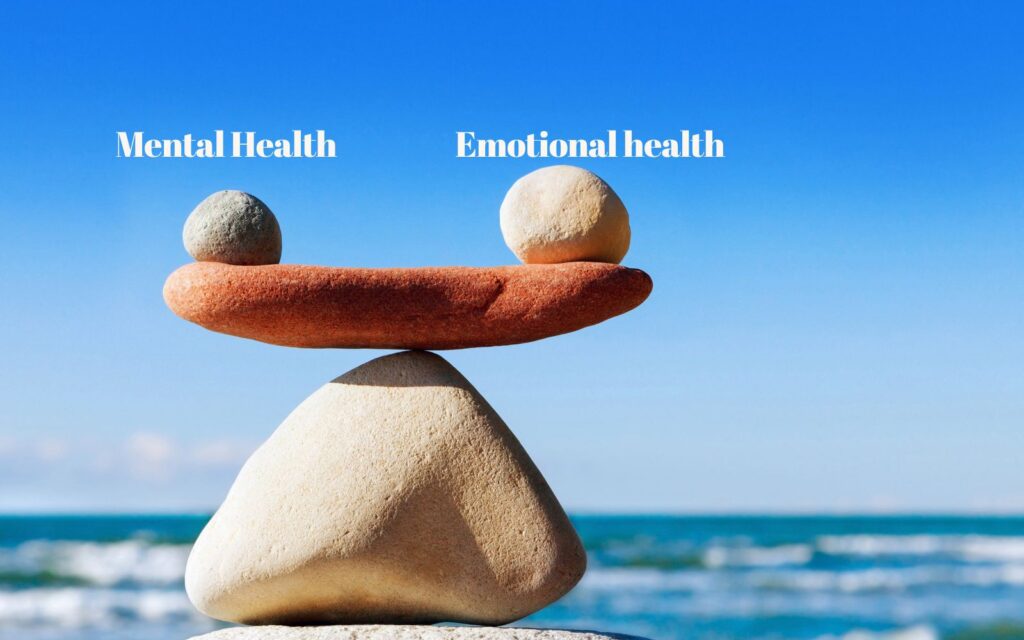
Developing awareness of both your mental and emotional health needs is the first step. Notice patterns in your thinking and feeling that might indicate areas needing attention.
Build a support system that addresses both aspects. This might include mental health professionals, emotional support from friends and family, and community resources.
Create daily practices that nurture both areas. Morning meditation can support emotional regulation, while evening reflection can process both thoughts and feelings from the day.
Workplace Wellness Considerations
Both mental and emotional health significantly impact your professional life. Mental wellness in the workplace requires attention to both cognitive function and emotional regulation. Consider how your work environment affects both aspects of your well-being.
Emotional wellness in the workplace is equally important for maintaining productivity and job satisfaction. Learning how to manage stress at work involves both mental and emotional strategies.
Practical Takeaways
- Keep a daily emotion and thought log to increase awareness of both mental and emotional patterns
- Establish consistent sleep and exercise routines that support both brain function and emotional stability
- Build a support network that includes both professional mental health resources and emotionally supportive relationships
- Practice mindfulness techniques that address both cognitive clarity and emotional regulation
- Schedule regular check-ins with yourself to assess both mental and emotional well-being
- Learn how to reduce stress naturally through holistic approaches Consider task prioritization strategies to reduce mental overwhelm Practice guided imagery for relaxation to support both mental calm and emotional balance
Summary
Understanding the difference between mental health and emotional health empowers you to take a more targeted and effective approach to your well-being. Mental health focuses on cognitive processes and psychological conditions, while emotional health centers on feeling awareness and regulation. Both are essential factors and benefits for mental health and are crucial for a balanced, fulfilling life and optimal work-life balance.
By recognizing their unique roles and interconnected nature, you can develop strategies that address your whole-person wellness needs. Remember that how to prioritize family time with a busy career is also part of maintaining both mental and emotional health.
Take action today by reflecting on which area might need more attention in your life. Start with one small practice that supports both your mental clarity and emotional awareness-your future self will thank you.
FAQs About The Difference Between Mental Health and Emotional Health
What is the main difference between mental health and emotional health?
- Mental health involves cognitive processes, brain function, and psychological disorders
- Emotional health focuses on feeling awareness, regulation, and emotional intelligence
- Mental health often requires clinical intervention, while emotional health can be improved through self-care practices
- Both work together but address different aspects of well-being
Can you have good emotional health with poor mental health?
- Yes, it’s possible to have strong emotional regulation skills while managing a mental health condition
- Many people with diagnosed mental health conditions develop excellent emotional intelligence
- However, severe mental health symptoms can impact emotional functioning
- Treatment often addresses both areas for optimal outcomes
How can I improve both my mental and emotional health simultaneously?
- Practice mindfulness meditation to enhance both cognitive clarity and emotional awareness
- Maintain regular exercise and sleep schedules that support brain function and mood stability
- Build relationships that provide both intellectual stimulation and emotional support
- Consider therapy that addresses both thought patterns and emotional processing
Do mental health and emotional health require different types of treatment?
- Mental health conditions often benefit from professional therapy, medication, or clinical interventions
- Emotional health can improve through self-help strategies, emotional intelligence training, and lifestyle changes
- Many effective approaches address both areas, such as cognitive behavioral therapy
- A comprehensive approach typically yields the best results
How do I know if I need help with mental health versus emotional health?
- Mental health concerns often involve persistent symptoms that interfere with daily functioning
- Emotional health issues might include difficulty managing feelings or understanding emotions
- Both may benefit from professional assessment to determine appropriate support
- Starting with a conversation with a healthcare provider can help clarify your specific needs





